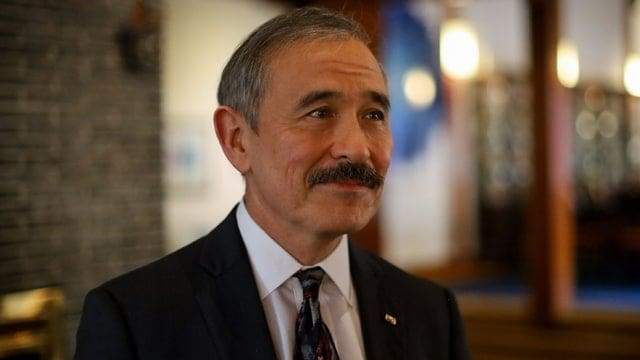US ambassador to South Korea mulling exit: report

U.S. ambassador to South Korea Harry Harris is reportedly planning on exiting his position before the end of the year.
Reuters reported Thursday that Harris has privately told allies that he plans to leave his post by the end of November even if President Trump is reelected to a second term.“He’s been wanting to stay only until November rather than serving in the second term even if Trump wins it,” one person with direct knowledge of Harris's mindset told Reuters.
Reuters reports that Harris is uncomfortable serving in a position where he bears the brunt of any trouble between the U.S. and South Korea.
In one instance cited by Harris's allies, the ambassador was summoned after U.S. officials criticized South Korea for ending an intelligence-sharing agreement with Japan's government.
“He would’ve never imagined something like that, because both countries, as allies, would usually put on a nice face once you get out of the meeting room even if there’s a disagreement,” the source told Reuters.
Harris has also faced criticism from South Koreans critical of the U.S.-South Korea relationship, the news service reports, including comments about his Japanese-American ancestry.
“He wouldn’t openly say he’s stressed out or like ‘life is hard’ — he’s a four-star admiral and has been through a lot,” a source close to Harris told Reuters.
“But no one likes to deal with people who are ungrateful for your hard work, and throwing racist slurs isn’t the right way to treat an ally who has such deep ties and fondness for your country,” the source added.
A spokesperson for the U.S. Embassy in Seoul told Reuters simply that the ambassador “remains energized to continue to serve the United States.”
“His commitment to strengthening the U.S.-ROK alliance through active engagement with government interlocutors, the wonderful people, and the independent media in the Republic of Korea remains ironclad,” said the spokesperson.
Photo: Getty Images
Link: https://thehill.com/homenews/administration/491941-us-ambassador-to-south-korea-mulling-exit-report











